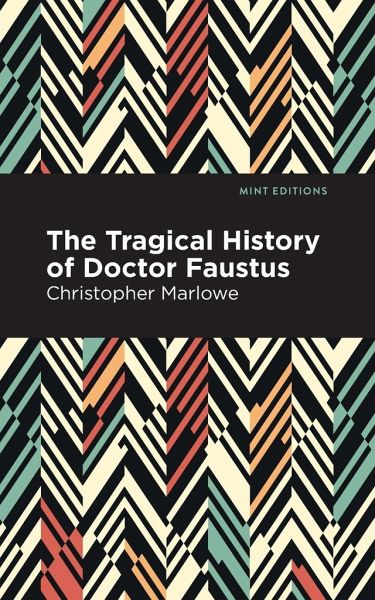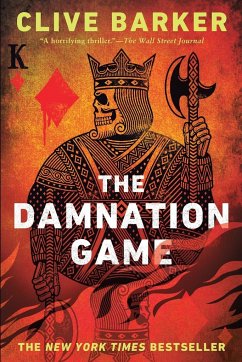
The Tragical History of Doctor Faustus

PAYBACK Punkte
4 °P sammeln!
Driven by an insatiable thirst for power, Doctor Faustus chooses to make the ultimate sacrifice to become an all-knowing practitioner of traditional and supernatural arts. He enters an agreement with Lucifer, trading his soul for unbridled access to a catalog of mystical spells. Doctor Faustus signs a contract ensuring 24 years of service from the demon Mephastophilis. In exchange, Lucifer will own his soul for all of eternity. Faustus immediately takes advantage of his divine skills, using them to impress various men of distinction. During his meteoric rise, Faustus experiences moments of reg...
Driven by an insatiable thirst for power, Doctor Faustus chooses to make the ultimate sacrifice to become an all-knowing practitioner of traditional and supernatural arts. He enters an agreement with Lucifer, trading his soul for unbridled access to a catalog of mystical spells. Doctor Faustus signs a contract ensuring 24 years of service from the demon Mephastophilis. In exchange, Lucifer will own his soul for all of eternity. Faustus immediately takes advantage of his divine skills, using them to impress various men of distinction. During his meteoric rise, Faustus experiences moments of regret, but they're quickly quelled under Mephastophilis' influence. As he approaches death, Faustus is overwhelmed by fear and futile attempts to escape the inevitable. In The Tragical History of Doctor Faustus, Marlowe uses supernatural themes to explore the dire trappings of human nature. With influences from Christian doctrine, the story implicates the true wages of sin stemming from greed, gluttony and pride. The author illustrates how the greatest tragedy is the one of your own making. With an eye-catching new cover, and professionally typeset manuscript, this edition of The Tragical History of Doctor Faustus is both modern and readable.













